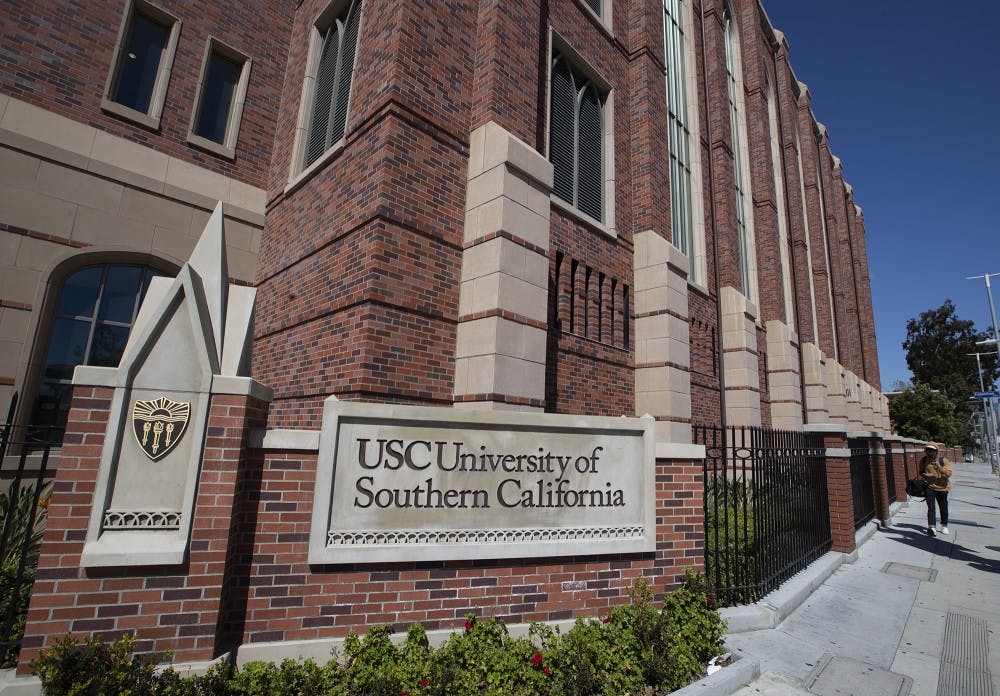Federal prosecutors charged over 50 individuals early last week with engaging in an illegal scheme to get young adults into elite universities in one of the largest college admissions scandals to date.
William Singer, the ringleader of a so-called college preparatory business, allegedly orchestrated cheating on standardized exams, fabricated student athlete profiles and bribed university staff to try and “game the system” of college admissions.
Individuals have responded to the recent admissions scandal in different ways. Some pity the students, whose parents took part because they did not believe their child could get into an elite university without cheating. Others bemoan the rise of “snowplow parents” who, by attempting to keep their children’s paths obstacle-free, prevent their children from growing up.
The scandal casts a dark light on access to higher education in the U.S., where colleges and universities try to appear meritocratic but are often anything but.
There are injustices in college admissions that persist, legally. Aside from legacy students, high-profile celebrities also have an advantage in admissions. For the less famous, affluent students can take advantage of consultants who tailor application essays, personal tutoring and not to mention the cost of extracurriculars.
I grew up in Carmel, a suburb of Indianapolis, as one such student. Many of my classmates took extra classes in the evenings, taught by Chinese-American professors and parents. They covered math, SAT problems and writing. Students in these classes went on to Ivy League schools.
My parents never signed me up for extra classes or college coaching, but it’s easy for me to feel complicit. I took weekly piano and viola lessons, which cost upwards of $100 every week. They chauffeured me from school to swim practice to music lessons to club meetings.
My father bought me a laptop so that I could do my homework. Sometimes I question which accomplishments result from my own work and which are contingent on my suburban upbringing. I received a full-merit scholarship at IU. Did I get in on my own merit?
The recent scandal reminds me of my own experience applying to college. I didn’t cheat on the SAT or submit a fraudulent application, but I did have advantages in other ways.
Thinking about the quasi-legal and illegal lengths some go just to get into college makes me question what Americans want our education system to look like. How much weight do we place on need and how much on merit? Do we want to expand access to college education, and if so, to whom? Does this look different at Harvard versus IU?
IU is insulated from the competition and scandal of Ivy League privilege and elitism, to some extent. But this does not exempt the university from greater investment in student retention services and expanding access to education.
If we want to remedy this, then the college admissions process at selective universities must change. But if universities truly want to expand access to education and promote equity, this cannot stop at the admissions process. Colleges must emphasize student retention, post-graduation plans and free academic support.
We cannot only open the door to higher education. We must also guide students through it.






